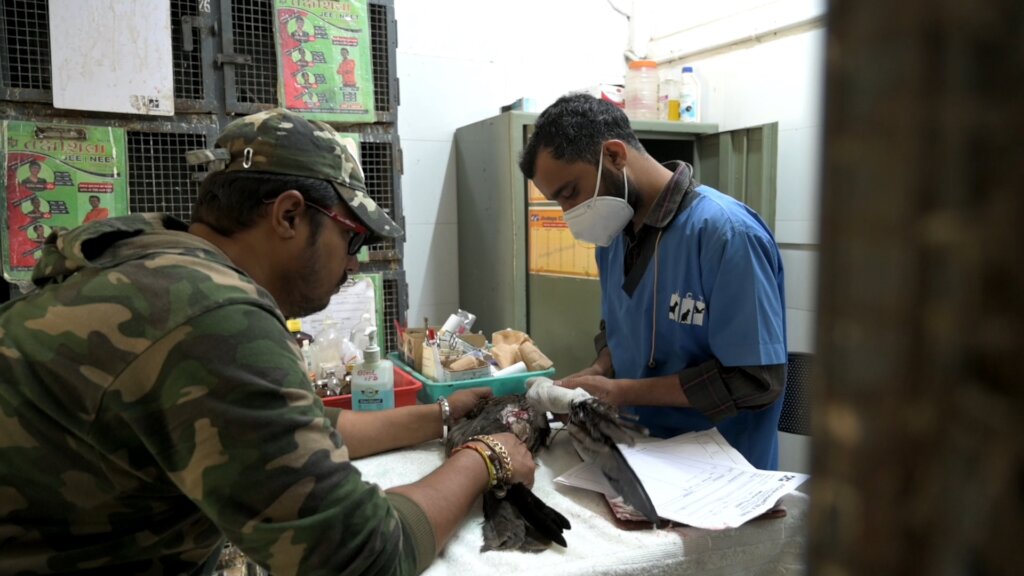By Moumita | Program Director
WHY ARE BIRDS OF PREY IMPORTANT TO ECOLOGY?
The word "raptor" is a Latin word, meaning “to carry away.” This is precisely what birds of prey do; they carry away their prey. People watch in awe as an eagle soar across the sky or a hawk swoop down to catch a field mouse. This group of aerial warriors is made up of owls, hawks, eagles, and osprey. Not only are these birds astonishing to watch, but they also perform important tasks for our world. Ecology benefits from raptors in more than one way.
Raptors feed at the top of many food chains. Mice, field rats, rabbits, squirrels, and other rodents, as well as fish, insects, amphibians, and reptiles, may have years when their population explodes due to good weather and a surplus of food. This is a common experience with fish, amphibian, and even snake populations. High populations of any one species can destroy the delicate balance in an ecosystem. Birds of prey help to balance the size of these populations.
Grasshoppers, cutworms, as well as rabbits, and field mice can destroy entire fields of crops if left to reproduce freely without any birds of prey to feed on them. many of the smaller raptors feed on insects and larger ones prey on rodents. Controlling pests through this method is called biological control. If a farmer can control pests by natural predation, he has no need to use pesticides or insecticides. Few of them even feed on carcasses which keeps the environment disease-free that can spread from a diseased dead animal’s carcass. Birds of prey are a true friend of the farmers as well as our environment.
Project major outcomes
As a goal of our project, we have treated and rehabilitated 191 raptors to their natural habitat after complete recovery through the scientific rehabilitation process in four months. In most of the cases, we found deep laceration, fracture, injured feather, poising, dehydration, and weakness. They are losing their natural habitat due to rapid urbanization. Humans are snatching their homes by chopping off the trees. There is no natural source of water, poisonous pesticides and chemicals are taking their lives.
Through this project, we are trying to save as many raptors as possible so the natural balance can be unharmed. We need to understand that if their number decrease, the threat of our human race will increase. Here is a summary of our project given below.
Treatment summary
Treatment data from August’21 to Dec ’21
SPECIES NO OF BIRDS TREATED
Kite 166
Shikra 06
Barn owl 12
Spotted Owlet 02
Kestrel 01
Honey Buzzard 02
Egyptian Vulture 02
We thank all our donors and supporters for helping us save many raptors through their generous contribution. Together we can save and preserve the balance in mother nature and will secure our future on this planet.
Links:
Project reports on GlobalGiving are posted directly to globalgiving.org by Project Leaders as they are completed, generally every 3-4 months. To protect the integrity of these documents, GlobalGiving does not alter them; therefore you may find some language or formatting issues.
If you donate to this project or have donated to this project, you can receive an email when this project posts a report. You can also subscribe for reports without donating.
